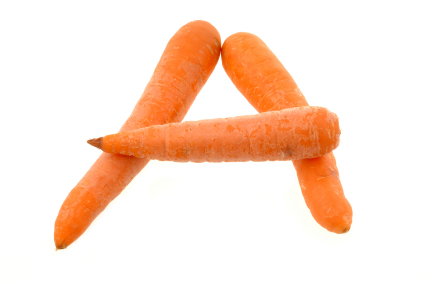Dry and aging skin need not despair! Vitamin E is excellent in smoothing away fine lines and wrinkles while keeping skin supple and providing a radiant glow.
Have oily skin? There is a silver lining to all that shine.
Read on to find out what vitamin E can do for you!
Who: Vitamin E
What skin conditions it can help: Aging.
Where it’s found: Foods high in vitamin E include vegetables, oils, seeds, corn, wheat germ and egg yolk.
For topical uses look for: Vitamin E, Tocopherol, Tocotrienols, Alpha-Tocopheryl Acetate, Tocopheryl Linoleate, Tocopheryl Succinate, Tocopheryl Nicotinate.
Why it’s important: Vitamin E is a fat-soluble vitamin, an antioxidant that quenches free radicals and is instrumental in wound healing. It’s also the most abundant antioxidant found in human skin; however, it declines with exposure to UV rays, pollution and age.
How it affects the body and skin: Vitamin E is needed to prevent muscle weakness (atrophy), loss of muscle mass, abnormal eye movements, vision problems and unsteady walking.
Topical use of vitamin E smooths skin, prevents moisture loss (excellent for dry skin!), and can reach living cells, therefore increasing the effectiveness of sunscreen. Studies have shown it to reduce sunburn cells after UV exposure- but this isn’t a free pass to subject your skin to sunburns!
Vitamin E is naturally delivered to the skin’s surface through sebum (oil), providing nourishment for the skin, and could be a possible reason why oily skin types age better. Combined use of vitamin E and vitamin C enhances these effects.
Have a favorite vitamin E product? Do share!
Happy Tuesday!
Disclaimer: The contents on this website, and any related links, are provided for general informational purposes and should NOT be considered medical advice. The content is not intended to be a substitute for professional medical advice, diagnosis, or treatment. Never disregard professional medical advice or delay in seeking it because of something you have read here. Please consult a healthcare provider if you have any questions about a particular health condition.






